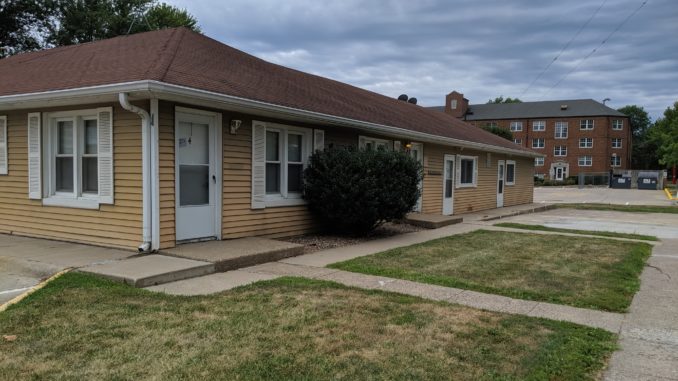
The Truman State University Board of Governors met Feb. 6 for their regularly scheduled meeting, where they discussed the upcoming academic calendar and heard a resolution to demolish Randolph Apartments.
University President Sue Thomas gave a report at the meeting. She discussed how Truman was doing in regards to the COVID-19 pandemic. Thomas said the University is still doing well, in spite of the rising numbers. Thomas said the previous week saw the highest number of positive cases so far, with 47. She said the University still has the capacity to handle these cases. The increase in number is from certain groups not making optimal choices, Thomas said.
 Thomas also told the Board that Adair County has lowered the quarantine period from 14 days to 10 days. Truman’s quarantine policy will reflect these changes, as the University bases its policies on Adair guidelines. The Centers for Disease Control and Prevention still recommends people quarantine for 14 days; however, local health departments can decide to lower the quarantine period.
Thomas also told the Board that Adair County has lowered the quarantine period from 14 days to 10 days. Truman’s quarantine policy will reflect these changes, as the University bases its policies on Adair guidelines. The Centers for Disease Control and Prevention still recommends people quarantine for 14 days; however, local health departments can decide to lower the quarantine period.
The Board approved a resolution confirming the academic calendar for the August Interim 2022 through Summer 2024. This calendar is largely similar to the current academic calendar, with the main change being that spring semesters will begin after Martin Luther King Jr. Day.
The Board also approved a resolution authorizing the demolition and removal of the Randolph Apartments on campus. Only 13 students currently reside in the complex and demolition is recommended to begin in May. The area will become a student recreation space.
The Board saw a financial report comparing Dec. 31, 2019, to Dec. 31, 2020. Overall revenues decreased $5.9 million, resulting in a total of $41.2 million. This marks a 12.5% decrease compared to Dec. 2019. Two point eight million dollars of this decrease is because of a tuition shortfall.
Tuition saw an increase of 2.3%, but 576 fewer students were enrolled in the fall 2020 semester.
Education and general expenses decreased by $4.4 million — or 10.1% — reaching a total of $38.8 million. This drop is primarily a result of a $1.1 million decrease in faculty and staff salary overall. The salary reduction is attributed to 27 fewer positions on campus and CARES Act reimbursements totaling $207,174.
Travel fees for the University dropped $699,486 — 91.6% — because of the COVID-19 pandemic.
The report broke down how the University spent the $9.8 million it received for the CARES Act. Three point nine million dollars went to room and board credits, $2.4 million to reopening expenses and $1.8 million to an ITS upgrade. The remaining $1.7 million was distributed to 2,100 students for student emergency financial aid grants.

